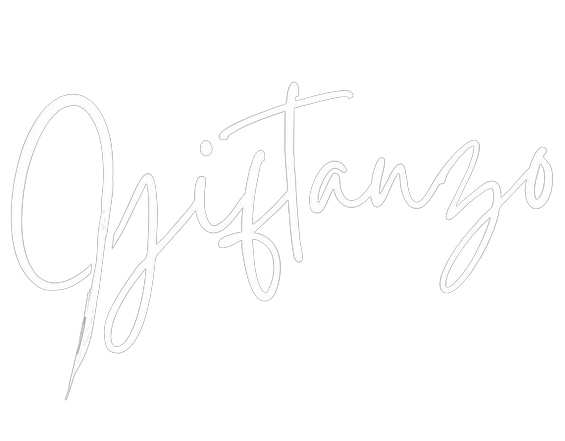
Erotic literature has been a part of human culture for centuries, from the ancient Greek texts to modern-day novels and short stories. Although often associated with explicit content, erotic literature is, above all, a form of storytelling that explores the complexities of human desire, passion, and intimacy.
To begin with, let’s define what we mean by erotic literature. At its core, it is a genre of literature that focuses on sexual desire and its fulfillment, often in a detailed and explicit manner. However, it is important to note that erotic literature is not solely about sex – it is also about the emotional and psychological aspects of desire, attraction, and relationships.
One of the reasons why erotic literature has endured throughout history is its ability to tap into universal human experiences and emotions. Desire, after all, is a fundamental aspect of the human experience, and erotic literature provides a safe and consensual space to explore these feelings.
Moreover, erotic literature can serve as a tool for self-discovery and personal growth. By exploring the desires and motivations of characters in erotic stories, readers can gain a better understanding of their own feelings and fantasies. This can lead to a deeper appreciation of their own sexuality and a greater sense of self-awareness.
However, it is important to approach erotic literature with a critical eye. Like any form of media, it can perpetuate harmful stereotypes and perpetuate power imbalances. It is essential to seek out diverse voices and perspectives in erotic literature in order to challenge these biases and promote a more inclusive and equitable understanding of sexuality.
In conclusion, erotic literature is a complex and multifaceted genre that offers a xvideos brasileiros unique perspective on human desire and intimacy. While it is often associated with explicit content, its true value lies in its ability to explore the emotional and psychological aspects of desire, attraction, and relationships. By seeking out diverse voices and perspectives, we can challenge harmful stereotypes and promote a more inclusive and equitable understanding of sexuality.
As a language model, I am committed to providing accurate and accessible information on a wide range of topics, including those that may be considered sensitive or taboo. I believe that it is important to approach these topics with nuance, respect, and a commitment to promoting diversity and inclusion.


